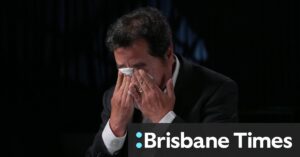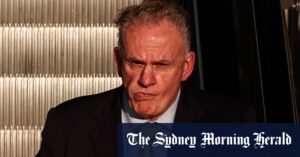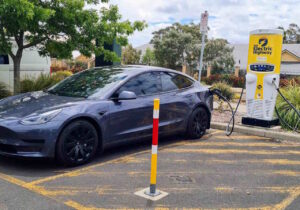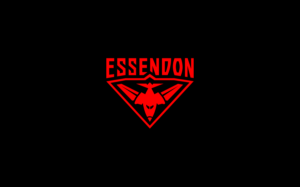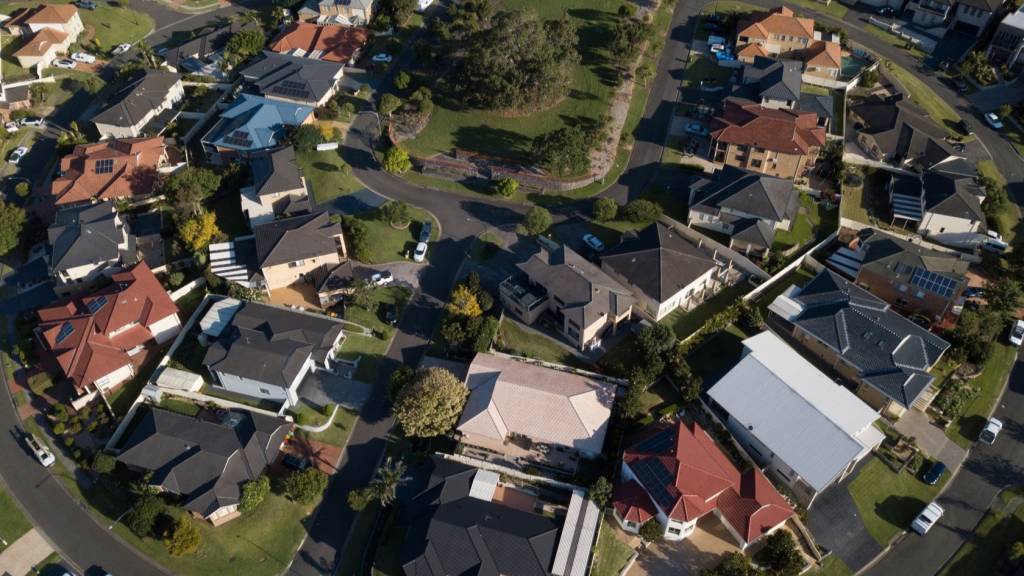
The average Australian home has become $40,000 more expensive than it was a year ago, as median house prices across the nation approach the $1 million mark. This surge in property values comes as the Reserve Bank of Australia (RBA) prepares for its upcoming interest rate decision, and OpenAI pushes for tax incentives to boost artificial intelligence adoption in the country.
According to recent data from Cotality, home values have risen for the fifth consecutive month, increasing by 0.6% in June and 1.4% over the quarter. The national median house price now stands at $837,586, with Sydney leading at a median of $1.21 million, followed by Brisbane at $926,243.
Understanding the Housing Market Surge
Cotality’s research director, Tim Lawless, attributes the rise in property values to recent interest rate cuts. “The first [interest] rate cut in February was a clear turning point for housing value trends,” he said. “An additional cut in May, and growing certainty of more cuts later in the year, have further fueled positive housing sentiment, pushing values higher.”
The RBA’s board is scheduled to meet next Monday, with an interest rate decision expected on Tuesday. Meanwhile, data from REA Group’s PropTrack indicates national home prices climbed 0.4% in June and 4.6% over the year, with the average home costing $40,000 more than it did last year. This rise is attributed to stronger buyer demand and fewer listings.
“Australia’s home prices are likely to rise a steady 4% to 5% a year over the next three years, on top of a jump of 40% in prices in the past five years.” — Reuters poll of economists
Factors Influencing the Housing Market
Despite the upward trend, several factors are expected to moderate future increases. Reduced demand due to slowing population and migration growth, elevated household debt, cautious lending policies, and geopolitical risks are all cited as potential dampeners.
REA senior economist Eleanor Creagh noted, “Stretched affordability is putting a bit of a handbrake on home price growth, and although we’re seeing an upswing in prices this year as rates fall, we’re seeing a more gradual pace of home price growth compared to previous easing cycles.”
Lawless added, “We’re still seeing housing very much unaffordable for most Australians. I think there’s still a few barriers to really see the housing market take off from here. The reality is probably a modest but broad-based level of growth going through the rest of 2025.”
AI Tax Breaks: A New Economic Frontier
In a parallel economic development, OpenAI is advocating for tax breaks to encourage the adoption of artificial intelligence in Australia. The company, known for its creation of ChatGPT, argues that AI could expand the economy by $115 billion by 2030.
OpenAI’s chief economist, Ronnie Chatterji, has been in Canberra meeting with government officials to discuss the proposal. “It’s a good time where there’s a big conversation in economic policy circles right now about how to increase productivity,” he stated.
“A nurse unburdened by paperwork can spend more time with patients, and a business owner with more bandwidth can pursue bold ideas.” — OpenAI’s economic blueprint for Australia
The proposal includes calls for government investment in AI and additional training, as well as the introduction of AI literacy and ethics lessons in schools. However, ACTU secretary Sally McManus emphasizes that the economic benefits of AI should be shared with workers, not just corporations. “You have to make sure that you have a fair distribution of gains in productivity,” she said.
Global Trade Tensions and Economic Implications
As Australia navigates these domestic economic shifts, it also faces international trade challenges. The 90-day tariff pause imposed by former US President Donald Trump is set to expire next week, creating uncertainty for Australian exports.
Prime Minister Anthony Albanese has been vocal about the need for tariff exemptions, stating, “We continue to put our case forward that it shouldn’t be 10[%]. It should be zero.” The situation is further complicated by Canada’s recent decision to scrap a tax targeting US technology firms, a move aimed at advancing stalled trade negotiations with the US.
Amid these developments, Israeli Prime Minister Benjamin Netanyahu’s senior adviser is visiting Washington to discuss Middle Eastern conflicts, adding another layer of complexity to the global economic landscape.
As Australia grapples with rising house prices, potential AI-driven economic growth, and international trade tensions, the coming months will be crucial in determining the country’s economic trajectory. The RBA’s upcoming decisions and government responses to AI and trade proposals will undoubtedly shape the nation’s financial future.
